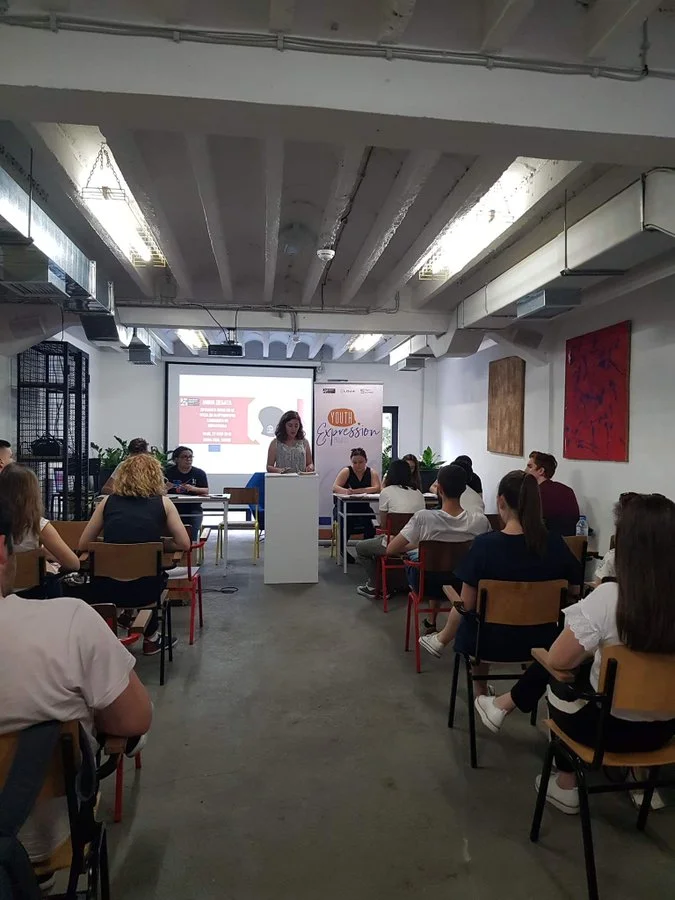New educational platforms transfer skills and spur innovation among young people
BY JACOB KUSHNER
Somewhere between the equator and the Kenyan town of Nanyuki, five students sit inside a classroom watching a YouTube video describe how to extract aluminum from bauxite. “Once you see it, it makes it so easy,” exclaims 19-year-old Kenneth Karue.
Two years ago Gakawa Secondary School had no internet access. But thanks to an initiative by Mawingu Networks, a solar-powered internet service provider, rural Kenyan youth are going online for the first time, and with amazing results. High school students like Karue, who didn’t know how to use a keyboard, much less a search engine, are now Googling entry requirements for information technology programmes at Nairobi universities.
Some of these students aspire to careers in Africa’s blossoming information and communications technology (ICT) sector. The World Bank estimated that in 2016, African nations would invest between $155 billion and $180 billion in the ICT sector, accounting for 6%–7% of Africa’s gross domestic product (GDP). But young people say there are major barriers preventing them from finding jobs in the industry.
“We have a lot of young people. But unfortunately they come from neighborhoods that don’t have a lot of opportunities,” says Tim Nderi, the chief executive officer of Mawingu Networks.
Since 2013 Microsoft has invested in Mawingu Networks on the premise that enabling young Africans to access the digital world is the first step towards getting them employed in it.
However, “Do people have access to the internet, and is that access affordable?” asked Microsoft’s Anthony Cook in an interview with Africa Renewal. “As you think about moving towards a knowledge economy, you have to be able to take the bulk of the population with you.”
By October 2016, ten thousand people were using Mawingu’s internet in four different Kenyan counties. And in September, former President Barack Obama lauded Microsoft and Mawingu’s success during his address at the US-Africa Business Forum in Cape Town.
Many African countries have embraced the idea of a knowledge economy, a term coined in the 1960s to describe economies in which the production and use of knowledge are paramount. Academic institutions and companies engaging in research and development are important foundations of such a system. And so are those who apply this knowledge—the programmers developing new software and search engines to use data, and the health workers who use data to improve treatments.
A long way to go
Some African governments have begun employing tech-ready youth in the public sector. In Kenya, where an estimated 5 million youth are unemployed, the Presidential Digital Talent Programme recruited 400 university graduates to work on major projects at different ministries. A $150 million, five-year public-private partnership launched last year by the World Bank set out to help 280,000 unemployed Kenyan youth learn about employment opportunities and undergo employ-ability training.
But elsewhere on the continent, such government initiatives have fallen short. Three years after it began, Innovate Lagos, a 2013 Nigerian government-funded ICT incubator that set out to prepare youth and other entrepreneurs to “drive growth and development through innovation,” no longer even owns the domain name of its website.
Africans have good reason to be hesitant about the idea of their countries’ economies being centered on information technology. “Many of the new jobs that have been created over the past two decades are fundamentally different from the ones that have been lost, and the new jobs tend to favour educated workers over those with less education and skills,” says author Dan Tapscott in the 2014 edition of The Digital Economy, his book about the global ICT industry.
For those preparing for careers in ICT, access to the internet and to education are fundamental prerequisites. Fortunately, in places like Nigeria, cellular internet is becoming eminently affordable.
This article is republished by The Youth Café courtesy of Jacob Kushner, and UN Africa Renewal. Additional input added by Kelvin Kiprotich.

